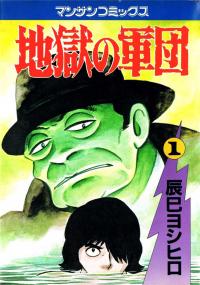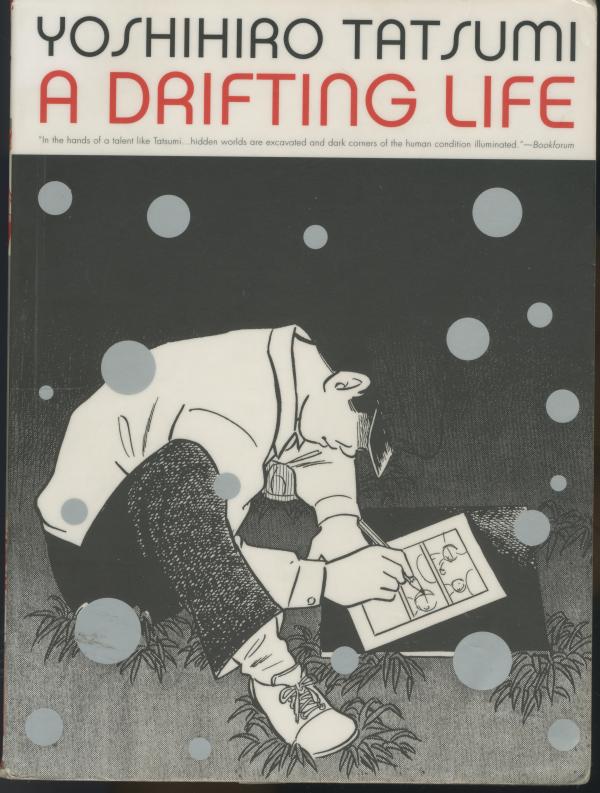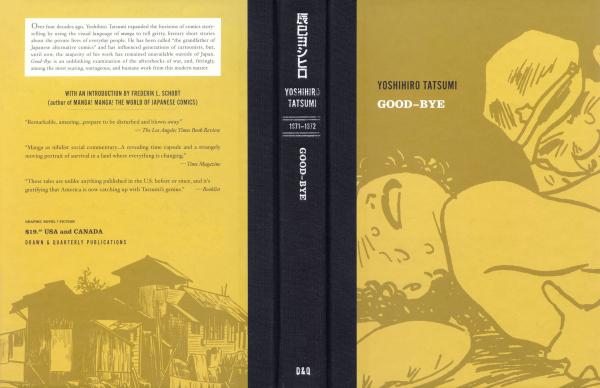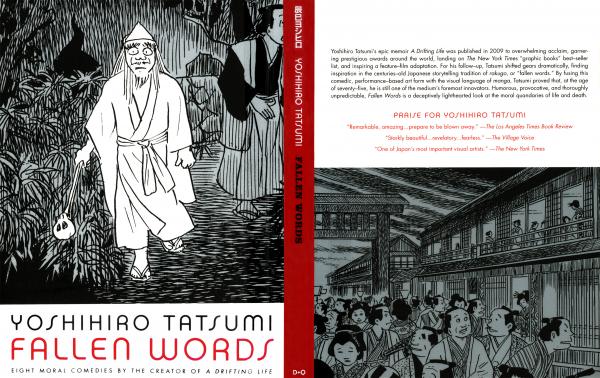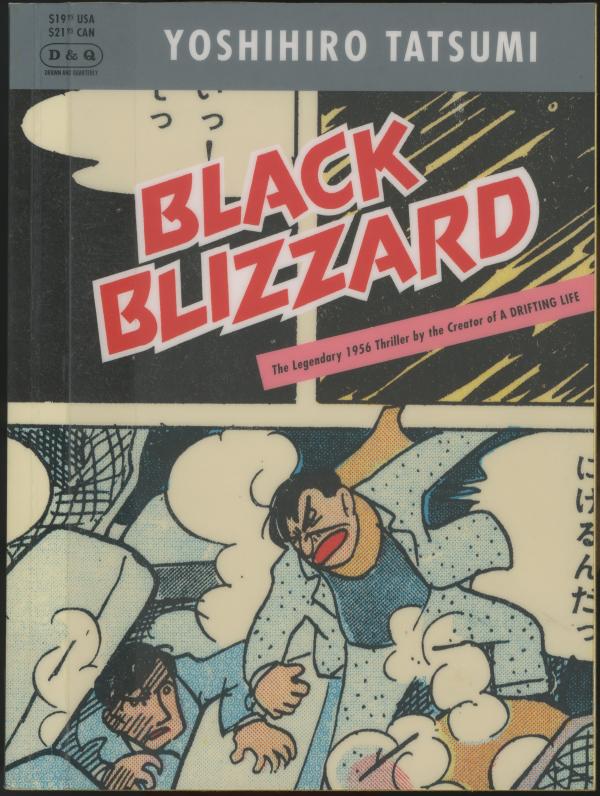All Manga, Character Designs and Logos are © to their respective copyright holders.
A boy abandoned at birth and raised by rats, with the mysterious power to control rats, grows up seeing the dark side of the humans that rejected him, and vows to become humanity's greatest enemy.
From Drawn & Quarterly: Acclaimed for his visionary short-story collections The Push Man and Other Stories, Abandon the Old in Tokyo, and Good-Bye—originally created nearly forty years ago, but just as resonant now as ever—the legendary Japanese cartoonist Yoshihiro Tatsumi has come to be recognized in North America as a precursor of today's graphic novel movement. A Drifting Life is his monumental memoir eleven years in the making, beginning with his experiences as a child in Osaka, growing up as part of a country burdened by the shadows of World War II. Spanning fifteen years from August 1945 to June 1960, Tatsumi's stand-in protagonist, Hiroshi, faces his father's financial burdens and his parents' failing marriage, his jealous brother's deteriorating health, and the innumerable pitfalls that await him in the competitive manga market of mid-twentieth-century Japan. He dreams of following in the considerable footsteps of his idol, the manga artist Osamu Tezuka (Astro Boy, Apollo's Song, Ode to Kirihito, Buddha)—with whom Tatsumi eventually became a peer and, at times, a stylistic rival. As with his short-story collection, A Drifting Life is designed by Adrian Tomine. Note: Won the Tezuka Osamu Cultural Grand Prize in 2009, the Best Reality-Based Work and the Best U.S. Edition of International Material - Asia for the Eisner Award in 2010.
Good-Bye is the third in a series of collected short stories from Drawn & Quarterly by the legendary Japanese cartoonist Yoshihiro Tatsumi, whose previous work has been selected for several annual “top 10” lists, including those compiled by Amazon and Time.com. Drawn in 1971 and 1972, these stories expand the prolific artist’s vocabulary for characters contextualized by themes of depravity and disorientation in twentieth-century Japan. Some of the tales focus on the devastation the country felt directly as a result of World War II: a prostitute loses all hope when American GIs go home to their wives; a man devotes twenty years of his life to preserving the memory of those killed at Hiroshima, only to discover a horrible misconception at the heart of his tribute. Yet, while American influence does play a role in the disturbing and bizarre stories contained within this volume, it is hardly the overriding theme. A philanthropic foot fetishist, a rash-ridden retiree, and a lonely public onanist are but a few of the characters etching out darkly nuanced lives in the midst of isolated despair and fleeting pleasure.
In Fallen Words, Yoshihiro Tatsumi takes up the oral tradition of rakugo and breathes new life into it by shifting the format from spoken word to manga. Each of the eight stories in the collection is lifted from the Edo-era Japanese storytelling form. As Tatsumi notes in the afterword, the world of rakugo, filled with mystery, emotion, revenge, hope, and, of course, love, overlaps perfectly with the world of Gekiga that he has spent the better part of his life developing. These slice-of-life stories resonate with modern readers thanks to their comedic elements and familiarity with human idiosyncrasies. In one, a father finds his son too bookish and arranges for two workers to take the young man to a brothel on the pretext of visiting a new shrine. In another particularly beloved rakugo tale, a married man falls in love with a prostitute. When his wife finds out, she is enraged and sets a curse on the other woman. The prostitute responds by cursing the wife, and the two escalate in a spiral of voodoo doll cursing. Soon both are dead, but even death can’t extinguish their jealousy. Tatsumi’s love of wordplay shines through in the telling of these whimsical stories, and yet he still offers timeless insight into human nature.
From Drawn and Quarterly: Created in the late 1950s, BLACK BLIZZARD is Yoshihiro Tatsumi's remarkable first full-length graphic novel and one of the first published examples of Gekiga. With BLACK BLIZZARD, Tatsumi explores the dark underbelly of his working-class heroes that five decades later will make him one of the most well known Japanese cartoonists in North America. Susumu Yamaji, a 24-year-old pianist, is arrested for murder and ends up handcuffed to a career criminal on the train that will take them to prison. An avalanche derails the train and the criminal takes the opportunity to escape, dragging a reluctant Susumu with him into the blizzard raging outside. They flee into the mountains to an abandoned ranger station, where they take shelter from the storm. As they sit around the fire they built, Susumu relates how love drove him to become a murderer.
